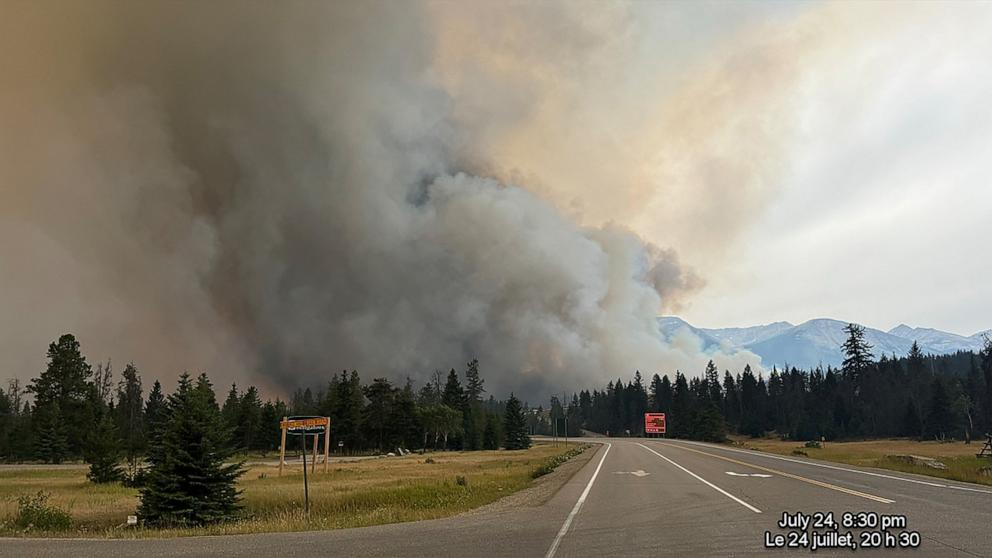
Taliban leaders have committed “crimes against humanity” against Afghan women by severely restricting their rights and should be held accountable in court.
In a new report released on Friday, Amnesty International and the International Commission of Judges (ICJ) assessed the severity of restrictions imposed on women and girls in Afghanistan and the violence perpetrated against them by the fundamentalist movement in the past. Two years..
“The Taliban’s campaign of gender-motivated harassment is so widespread and so severe that, taken together, these actions and policies constitute a system of oppression that aims to subjugate and marginalize all Afghan women,” the government said in a joint statement. ICJ Secretary General, Santiago A. Canton.
There is no doubt that the ongoing “war on women” is organized at the highest levels and systematically carried out across the country in ways that meet the criteria that define “crimes under international law,” argues Amnesty International Secretary-General Agnes Callamard for her part. .
A broken promise
After their return to power in the summer of 2021, despite their vow to respect the rights of Afghan women, the Taliban have gradually imposed many restrictions that have made them “second-class citizens”.
In particular, they have restricted their freedom of movement by demanding that they cannot leave their homes without a “male chaperone” who must accompany them at all times.
Those who dare flout this control are shamelessly “harassed, arrested or beaten” by the Taliban, the report notes, documenting numerous cases of unlawful detention and torture linked to such “misbehaviour”.
Restrictions on women’s movement have been gradually tightened, with dress restrictions forcing them to wear the niqab or burqa.
The Taliban have limited the positions they can hold in the civil service, requiring in some cases dismissed women to nominate a male relative to replace them.
They also prohibited women from working in non-governmental organizations or the United Nations, thereby limiting their ability to earn a living.
At the same time, women’s access to education is restricted at an early stage, forcing many Afghan women who pursue university studies to abandon their career plans.
As the Taliban abolished mechanisms implemented by the previous government to facilitate reporting of widespread sexual violence in the country, the economic vulnerability stemming from these developments increases dependence on men.
The report pointed out that women who dared to publicly protest against the deprivation of their basic rights were severely repressed.
Whips, metal pipes and electric weapons were especially used to discourage any resistance.
Demonstrators were arrested in their homes several weeks after the event, imprisoned without any judicial process and tortured, sometimes for days.
The women involved suffer a strong social stigma that “lasts a lifetime” and affects other members of their families, the report points out.
Approach to change
Amnesty International and the ICJ believe that the international community must toughen its approach to the Taliban by ensuring that the rules of international law are applied.
Both bodies must ensure that the International Criminal Court, which reopened investigations into crimes committed in Afghanistan late last year, takes into account the abuses suffered by women since the Taliban returned to power.
States are also being pressured to use the principle of universal jurisdiction to prosecute Taliban leaders who travel abroad, sending a clear signal to the movement that their discriminatory policies are “unacceptable and will not be tolerated”.
Given the gravity of the situation, Amnesty International and the ICJ recommend that any woman or girl who flees Afghanistan should be considered a “de facto” refugee due to the risks of persecution in the country.
The story so far
2001
The Taliban, which had been in power for five years in Afghanistan, fled under pressure from an insurgent group heavily backed by the United States after the September 11, 2001 attacks.
2021
After fighting an international force stationed in the country for two decades, they recaptured large swaths of territory and imposed themselves on Kabul by the summer when the Americans withdrew their last soldiers.
2022
Despite assurances of their desire to respect women’s rights, they increase restrictions on any travel outside the home in the presence of a chaperone in May. Their entry into the university is prohibited at the end of the year.






